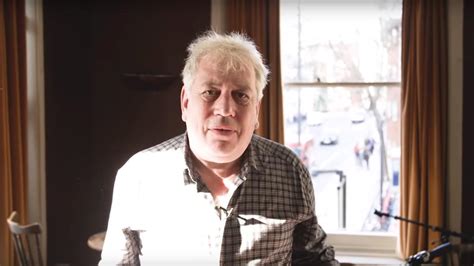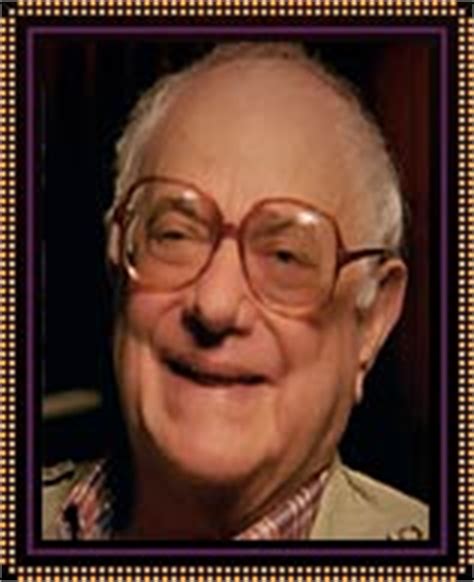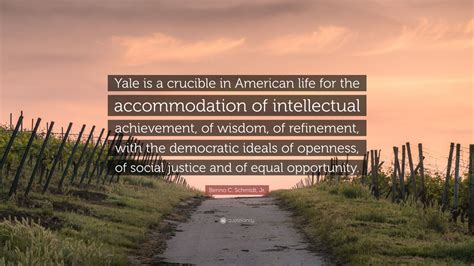A Quote by Edward Albee
It always seems to me better to slough off the answer to a question that I consider to be a terrible invasion of privacy - the kind of privacy that a writer must keep for himself.
Related Quotes
Um, lots of people grab my ass. I'm actually starting to get this thing now where people grab my package. That actually happened once in Boston, it usually doesn't happen. We went over to England and it happened at almost every show. I don't really enjoy any kind of invasion of privacy like that I guess. Grabbing my package is obviously a total invasion of privacy I'm not into that at all.
You have plenty of liberals out there who are all for the cops raiding their political enemies, they're all for the cops doing whatever they have to do to get whatever goods they want on their political enemies. And yet the Patriot Act comes, oh, you can't do it, it's an invasion of privacy. And yet in some cases they don't care about other people's privacy. Privacy is irrelevant to them depending on what the target is.
What I do think is important is this idea of a 'privacy native' where you grow up in a world where the values of privacy are very different. So it's not that I'm against privacy but that the values around privacy are very different for me and for people who are younger than my parent's generation, for whom it's weird to live in a glass house.
Reading is the subtle and thorough sharing of the ideas and feelings by underhanded means. It is a gross invasion of Privacy and a direct violation of the Constitutions of the Third, Fourth, and Fifth Age. The Teaching of Reading is equally a crime against Privacy and Personhood. One to five years on each count.
I don't think he would have had any trouble answering Justice Sonia Sotomayor's excellent challenge in a case involving GPS surveillance. She said we need an alternative to this whole way of thinking about the privacy now which says that when you give data to a third party, you have no expectations of privacy. And [Louis] Brandeis would have said nonsense, of course you have expectations of privacy because it's intellectual privacy that has to be protected. That's my attempt to channel him on some of those privacy questions.





































